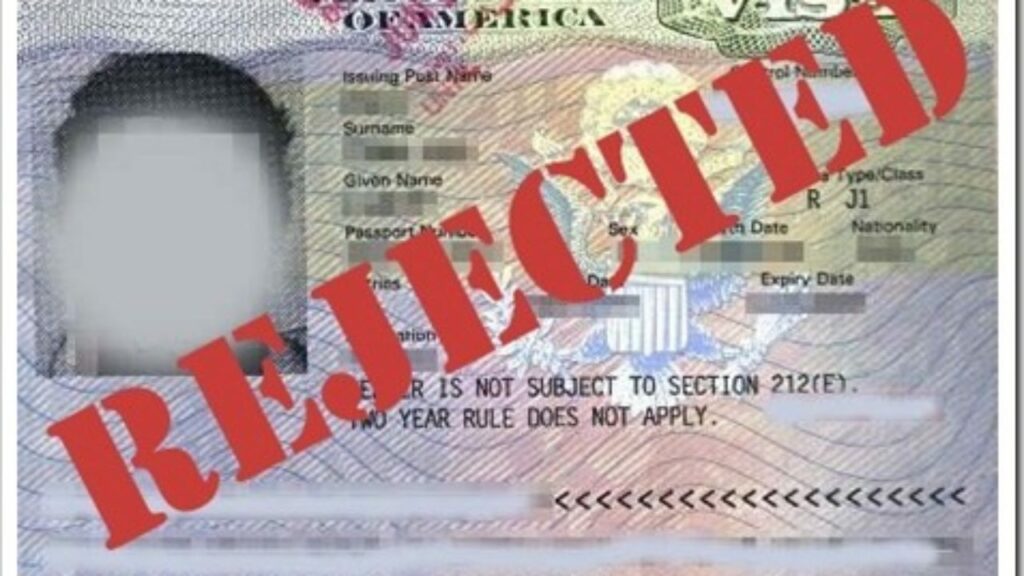The U.S. Citizenship and Immigration Services (USCIS) has released new data showing a 27% drop in H-1B cap registrations for fiscal year 2026. This marks a major shift, driven largely by a massive fee hike—from $10 to $215 per application—as well as stricter policies targeting duplicate entries for the same individual.

Despite Fewer Entries, Most Applicants Rejected Again
Out of 343,981 eligible registrations, only 120,141 were selected, meaning 65% were rejected due to the annual limit of 85,000 new H-1B visas (including the 20,000 exemption for U.S. advanced degrees). This is despite the overall number of entries being significantly lower than in FY 2025.
Key Trends This Year:
- Average registrations per employer dropped from 8.9 to 6.0
- Unique employers increased from ~52,700 to ~57,600
- The new beneficiary-centric model curbed duplicate filings but led to a smaller applicant pool
- Second rounds of selection are unlikely due to employers filing only for serious candidates
Experts: Fees Aren’t the Only Reason
Immigration experts say the higher filing cost forced companies to think more strategically about whom they enter into the lottery. But others point to broader issues, including uncertainty around immigration policy, and new USCIS reforms to eliminate multiple entries for the same individual.
“The most substantial factor behind the drop was the combination of USCIS reforms and political uncertainty,” said Vic Goel of Goel & Anderson.
The Harsh Reality Of The H-1B System
Even with fewer entries, 75% of applicants will not receive H-1B status this year. In contrast, other visa categories like the H-2A (agricultural) and J-1 (exchange visitor) boast approval rates over 89% and 96% respectively. This underscores how restrictive and competitive the H-1B program remains for highly skilled workers, including AI engineers and graduate students.
Looking Ahead
Experts urge employers to plan ahead—especially for international students on Optional Practical Training (OPT)—and prepare entries for the next lottery cycle in March. The talent shortage is pushing many companies to consider alternative visa options or even offshoring jobs.
“H-1B restrictions don’t save U.S. jobs—they send them overseas,” said economist Britta Glennon.

